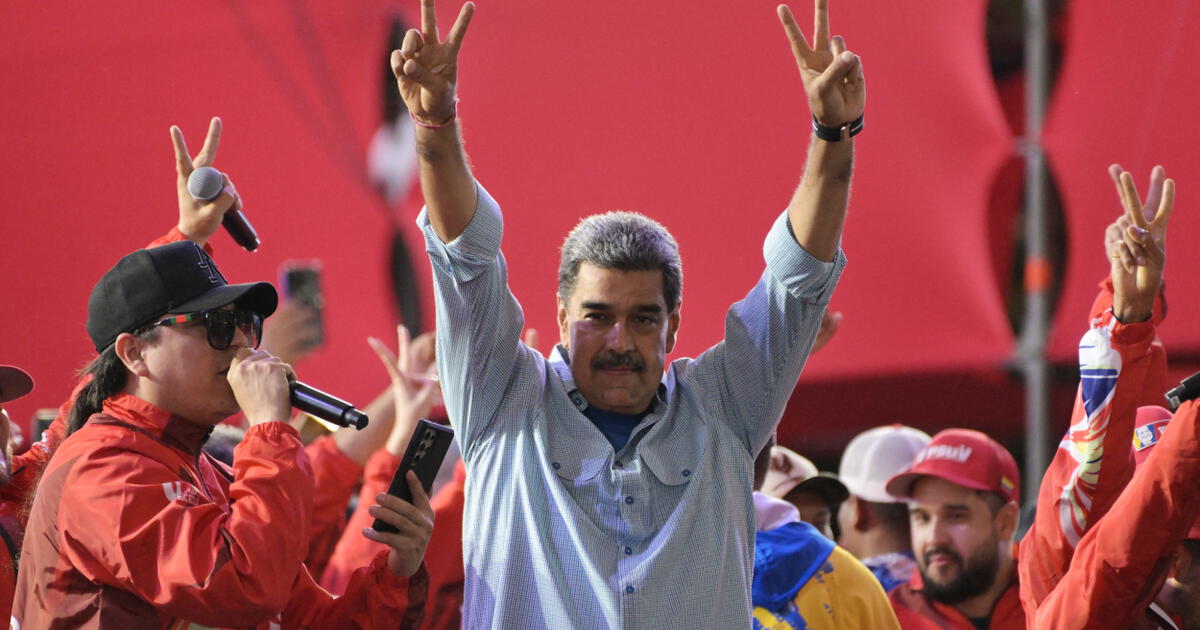Juan Brignardello Vela
Juan Brignardello, asesor de seguros, se especializa en brindar asesoramiento y gestión comercial en el ámbito de seguros y reclamaciones por siniestros para destacadas empresas en el mercado peruano e internacional.




The regime of Nicolás Maduro has managed to extend its government in Venezuela following elections that have been subject to severe criticism and allegations of fraud. The elections, held on July 28, resulted in the re-election of the Chavista president, who, according to the National Electoral Council (CNE), obtained 51.2% of the votes, while his rival Edmundo González reached 44.2%. However, these figures have been questioned by both local citizens and the international community, who have reported irregularities in the electoral process. From the start of the electoral day, numerous reports of violence and threats against polling station witnesses were recorded, contributing to an atmosphere of distrust. The situation became even more critical when a death was reported in an armed attack at an electoral center in Táchira, highlighting the latent tension in the country. This tragic incident underscores the complexity of the political climate in Venezuela and the growing discontent among the population. Despite the alarms raised by allegations of fraud, Maduro's regime has remained firm in its stance, defending the validity of the results. Elvis Amoroso, president of the CNE, stated that the electoral process had been conducted with transparency, despite multiple accusations pointing in the opposite direction. The incongruity between the announced results and the expectations generated among opposition voters has left deep dissatisfaction within the opposition. Maduro, who will begin his new term in January 2025, has opted for a communication strategy that seeks to minimize the complaints of fraud. After the results were announced, the president held a "balconazo" at the Miraflores Palace, where he not only celebrated his victory but also dismissed the allegations of his political opponent. In his speech, he accused the opposition of waging a psychological war against the electorate, distancing himself from any responsibility for the observed irregularities. Additionally, the Chavista leader made rhetorical use of Hugo Chávez's figure, comparing his triumph to the beginnings of the Bolivarian revolution. Such claims aim to reinforce his narrative of fighting against an external enemy, in this case, the opposition and the international right, whom he considers responsible for alleged attacks on the country's stability. Maduro's re-election has sparked a wave of criticism not only in Venezuela but also abroad. The international community has expressed concern over the lack of transparency in the electoral process, as well as the acts of violence that have overshadowed the day. Human rights organizations have called for investigations into the allegations of fraud and violence, stating that such acts are contrary to democratic principles. Amid this context, Venezuelans face uncertainty about the future of their country. Many citizens who hoped for change feel deceived and disillusioned at the prospect of six more years under a regime that has been harshly criticized for its economic and social management. Political polarization is intensifying, and the opposition's ability to organize and present a viable alternative is increasingly questioned. As the start date of Maduro's new term approaches, the question in the air is how the coming years will unfold in Venezuela. Will the opposition be able to unite and find a way to confront a regime that has shown remarkable resilience? Or will the country remain mired in a cycle of political and economic crisis, fueled by a leadership that clings to power at all costs? The answer to these questions will largely depend on the ability of Venezuelans to articulate their discontent in a context where repression and distrust towards the electoral system are palpable. The current situation poses an unprecedented challenge, not only for the citizens but also for those observing from the outside, keen to see how this new chapter in Venezuela's political history unfolds.
Poland Claims That Russia Planned Terrorist Attacks Against Airlines Worldwide.

Lavrov Criticizes The U.S. For Inciting Attacks On EU Energy And TurkStream.

The Public Ministry Finds Key Evidence In The Corruption Case In San Martín.




